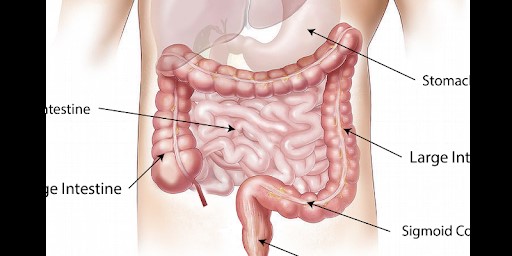What Is The Best Way to Get Rid of A Stuffy Nose?
Jan 03, 2024
Symptoms of nasal congestion include the following:
- A stuffy nose or runny nose
- On the other hand, if your congestion persists for an extended period, you may require medical treatment. There is a possibility that this nasal congestion is brought on by the hormonal shifts and increased blood supply that occur during pregnancy.
The Factors That Contribute
When you have congestion, your nose will become swollen and clogged with mucus. Relatively minor illnesses bring on most cases of nasal congestion. Congestion brought on by an illness will typically get better within one week. When it lasts for more than a week, it's usually a sign that there's something more serious going on with your health. Long-term nasal congestion may have several causes, including the following:
Allergies Hay Fever
- a long-lasting sinus infection, also known as chronic sinusitis; a deviated septum; growths in the nasal passages that are not cancerous and are referred to as nasal polyps or benign tumors; chemical exposures; environmental irritants; nasal polyps and benign tumors.
- Congestion of the nasal passages is another symptom some pregnant women experience, typically toward the end of the first trimester. There is a possibility that this nasal congestion is brought on by the hormonal shifts and increased blood supply that occur during pregnancy.
- These alterations may affect the mucous membranes of the nose, causing them to become inflamed, dry, or even bleed.
Treatments Available At Home for Nasal Congestion
When you suffer from nasal congestion, home remedies may relieve symptoms.
A humidifier adds humidity to the air, which may help thin mucus and soothe irritated nasal passages. However, if you have asthma, you should consult your doctor before using a humidifier.
Resting your head on a pillow can also help encourage the drainage of mucus from your nose.
Saline spray is risk-free for people of all ages; however, you will need to use an aspirator or nose bulb after using it on infants. Use a suction device to remove excess mucus that may still be in your baby's nose.

When You Go to the Doctor
Congestion may be alleviated with home remedies occasionally; however, this is not always the case, especially if another medical problem is the root cause of your symptoms.
You may need medical care for this problem, especially if your condition causes discomfort and interferes with your normal activities.
If you experience any of the following symptoms, see your doctor as soon as possible:
The congestion has lasted for more than ten days
Congestion with a high fever that lasts more than three days, green discharge with sinus discomfort and fever, compromised immune system, asthma or emphysema Congestion with a high fever that lasts more than three days
If you suffered a head injury and now have a bloody nose or a frequently runny nose, you should make an appointment with your doctor as soon as possible.
Newborns and Younger Children
Congestion of the nasal passages may provide a greater health risk to young children and babies than to older children and adults. The symptoms may make it difficult to breastfeed a newborn and potentially lead to life-threatening respiratory difficulties. It is also possible to impede the development of proper speech and hearing.
If your newborn is experiencing nasal congestion, you must make an appointment with your child's physician as soon as possible. After that, your physician will be able to collaborate with you to determine which treatment choices will be most beneficial for your child. Congestion brought on by an illness will typically get better within one week. When it lasts for more than a week, it's usually a sign that there's something more serious going on with your health. There is a possibility that this nasal congestion is brought on by the hormonal shifts and increased blood supply that occur during pregnancy.
Congestion Relief Medication and Treatment
Your doctor can propose a treatment plan for persistent nasal congestion after they have discovered the source of the condition. Medication, either over-the-counter or prescribed, may be a component of a treatment strategy to reduce or eliminate symptoms.

Outlook
Congestion of the nose is a very uncommon condition that, when it does occur, is almost always the result of either a cold or an infection in the sinuses. When the correct medication is administered, the symptoms often improve immediately.





